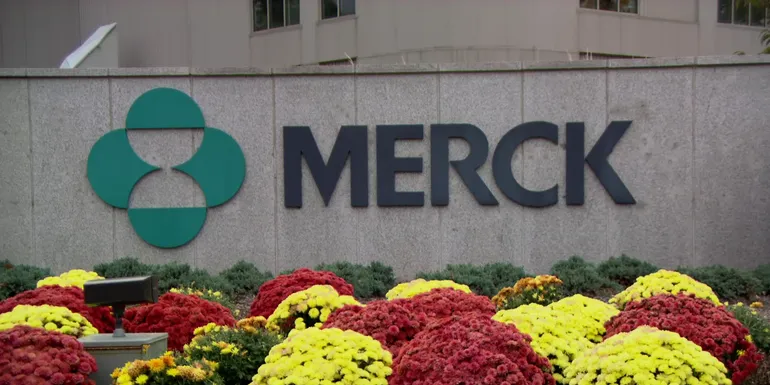FDA follows EMA in limiting use of Valneva shot


Safety concerns have spurred the Food and Drug Administration and Centers for Disease Control and Prevention to recommend suspending use of Valneva’s chikungunya vaccine in people at least 60 years of age.
The recommendation announced Monday comes days after the European Medicines Agency temporarily suspended use of the vaccine, known as Ixchiq, in those over 65 pending an investigation. A committee advising the CDC previously suggested a precaution for use in a similar age group.
The FDA and CDC have upheld recommendations for use in adults between 18 and 60 years of age, while the EMA still endorses the shot for individuals between 12 and 64.
Ixchiq in November 2023 became the first shot approved in the U.S. to prevent illness from the chikungunya virus, which is typically transmitted through the bites of infected mosquitos. While the most common symptoms are fever and joint pain, the disease can also have lasting and potentially debilitating effects in some people, such as young children and the elderly.
The shot was cleared in Europe in June 2024. But its use has since been dialed back there and now the U.S. In a statement Friday, the FDA noted how postmarketing reports have uncovered 17 serious adverse events, including two deaths, in vaccinated adults between the ages of 62 and 89. Most occurred in people with underlying health conditions and were reported to the Vaccine Adverse Event Reporting System, or VAERS. Six involved people in the U.S., according to the agency.
The FDA said adverse events reported to VAERS may not be related to vaccination. In its own statement, Valneva said it is working with health authorities to review the data and anticipates “formal reviews” of the safety reports everywhere its shot is available.
Vaccine reviews and regulatory updates are facing additional scrutiny under new leadership at the FDA and Department of Health and Human Services. So far, the regulator has delayed approval decisions involving shots from Novavax and Moderna, in each case requesting more data.
VAERS, a reporting system that monitors safety signals in vaccines available in the U.S., has also been targeted by new HHS leadership. In a previous email to BioPharma Dive, HHS spokesperson Andrew Nixon called VAERS inadequate.
This post has been syndicated from a third-party source. View the original article here.




